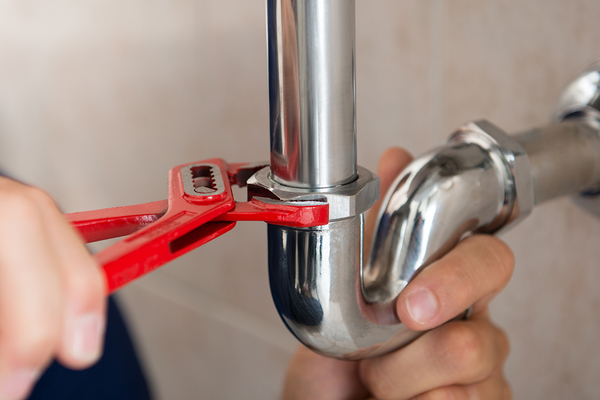You are viewing 1 of your 1 free articles

Our new complaints handling code will help address some of the challenges arising from COVID-19
Problems with housing have become even more acute as a result of the coronavirus crisis. At the Housing Ombudsman, we have developed a new way of addressing complaints, writes Richard Blakeway
Our homes are central to our experience of COVID-19. Whether self-isolating, working or schooling, our resilience to this pandemic is profoundly affected by the suitability and condition of our homes.
For some, the experience will have been unspeakably bad, while others will have stronger bonds with their neighbourhood.
There is already emerging evidence of the link between coronavirus and deprivation. One lesson from this crisis might be the value of the social housing sector. It also reinforces the importance of the work my team at the Housing Ombudsman does.
The crisis presents challenges for the resident and landlord relationship that is central to our work as an ombudsman. There will be a backlog of repairs to address. Effective engagement with residents continues to be an essential lesson from the past few months. It is a legacy of the Grenfell tragedy, too.
In this context, we are publishing our complaint-handling code. This code is part of our new powers and sets a framework for effective complaint resolution by landlords. At its heart is supporting the right cultures for resolving complaints and active learning when things go wrong.
It aims to improve accessibility and speed up redress, points frequently raised by residents, as well as promoting more consistent practice across the sector. Given many landlords are reviewing their approaches, the publication of this is timely.
The code is principle based with self-assessment by landlords on a comply-or-explain basis. Nonetheless, it is prescriptive in places. This includes moving the sector to a two-stage complaint process, maximum handling times and the universal definition of a complaint to avoid any being driven underground.
There is also encouragement for greater resident involvement. Governing bodies must be active too – demonstrating, for instance, learning from complaints in their annual report.
Listening to what complaints are telling a landlord will be a major focus for the ombudsman’s future work. Complaints should perform an important strategic role within organisations, providing vital intelligence on its health, performance and reputation.
On that basis, we hope the code is welcomed by the sector as a tool, from the boardroom to frontline services, for supporting excellence.
“Supporting resident and landlord relationships was fundamental for the ombudsman prior to the crisis and the benefits of this has been reinforced by it”
While feedback indicates the code will be seen as a positive step, we will take action where non-compliance comes to light. This includes issuing new ‘complaint-handling failure orders’, with guidance on these published alongside the code.
An order could relate to the handling of an individual case or the landlord’s overall complaint-handling policy. It will give landlords oversight of where their complaints policy and accessibility fall short of expectations as well as when complaints are not being actively resolved and how frequently this is happening.
With repeated or systemic failures, referral to the Regulator of Social Housing is possible and we will publish details of each order made.
As the response to coronavirus evolves, there will be much reflection and new beginnings. Supporting resident and landlord relationships was fundamental for the ombudsman prior to the crisis and the benefits of this has been reinforced by it.
Richard Blakeway, housing ombudsman











